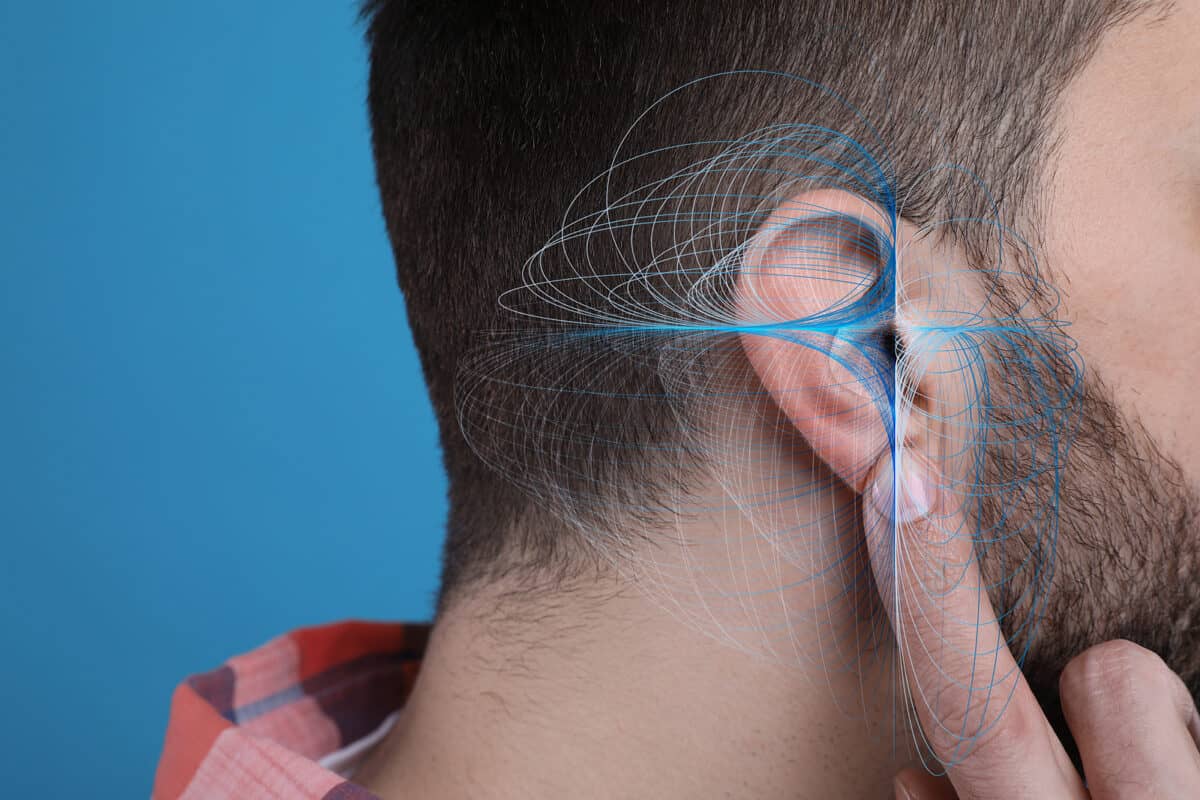If you’re reading this, you are probably wondering about the state of your hearing ability. Maybe most of the time you can hear well, but sometimes another person points out a sound that you didn’t notice, or seems surprised that you didn’t hear them say something. Is it possible that you have hearing loss, or is it that you just aren’t always paying attention?
There’s one sure way to find out, and that is by getting a hearing test. The Better Hearing Institute, a not-for-profit organization, recommends getting a hearing test once every decade until the age of 50, and once every three years after that. Those in higher-risk professions or with a medical history or family medical history indicating a higher risk of hearing loss should be tested even more frequently.
Hearing Hazards Everywhere
Our hearing can be jeopardized by a number of environmental factors, perhaps the most common of which is the very thing our ears are here to capture: sound. We’re all familiar with the risks associated with loud noise, but even sound levels that we might not consider “loud” can cause hearing loss if we are exposed for a long enough time period. Sound as low as 85 dBA (about the loudness of a gas-powered lawn mower) can cause hearing loss after about eight hours. For every additional three dBA, the safe time of exposure is cut in half.
Noise-induced hearing loss (NIHL) was on the decline for a while, but is on the rise again. About 10% of millennials have measurable hearing loss, and about 17% of Gen-Z’ers have it. Gen-Z is the younger of the two generations, so this is especially concerning.
Another common cause of hearing loss is medication. Certain prescription medications and even some over-the-counter ones can cause hearing loss sometimes.
Finally, there are lifestyle factors that can result in hearing loss. Smoking, excessive caffeine consumption, poor diet, and lack of exercise can take their toll on our hearing along with other systems in the body.
Hearing Tests Catch Hearing Loss Early
By getting a regular hearing test, you can catch hearing loss in its earliest stages. Getting a hearing test isn’t just about finding out whether you need hearing aids! It’s about keeping track of your hearing ability over time, and making sure that you’re doing everything necessary to prevent hearing loss. If you get a hearing test and discover that you have 3 dBHL (decibels hearing level) of loss at 3 and 6 kHz, this likely indicates that you are being overexposed to loud sound.
3 and 6 kHz are frequencies at which sound is naturally amplified by the shape of the human ear canal, so hearing loss frequently occurs at these frequencies before others when loud noise is the cause. However, 3 dBHL of loss is a barely noticeable amount of hearing loss. By discovering this in a regular hearing test, you’ll know that you need to improve your hearing protection in order to prevent more hearing loss going forward.
If your hearing test shows that you have 3 dBHL of loss but at different frequencies that aren’t associated as directly with the effects of overexposure to loud sound, it might be that a prescription medication or exposure to a chemical at home or on the job is the cause. By identifying the hearing loss, you can take the steps to change medications or reduce exposure to the chemical.
Hearing Tests Are Empowering
Hearing loss is funny. We’re usually the last to know that we have it, after someone else tells us we do. Getting a hearing test is a way of asking a professional—who can provide a perfectly accurate assessment—whether you have hearing loss. On top of this, they’ll help you figure out the next step to treat your hearing loss, avoid accruing more hearing loss, or both! It’s truly the best thing you can do to promote your best hearing health in the present and for the long term.
By avoiding hearing tests, we are living in an ignorance that may or may not be blissful, but is in any case harmful! We will fail to learn about how we can prevent hearing loss, or we will fail to start wearing hearing aids that can prevent the unfortunate outcomes associated with untreated hearing loss.
If you or a loved one may be having hearing issues, or if you’re due for a hearing test, make an appointment today and take charge of your hearing health!

